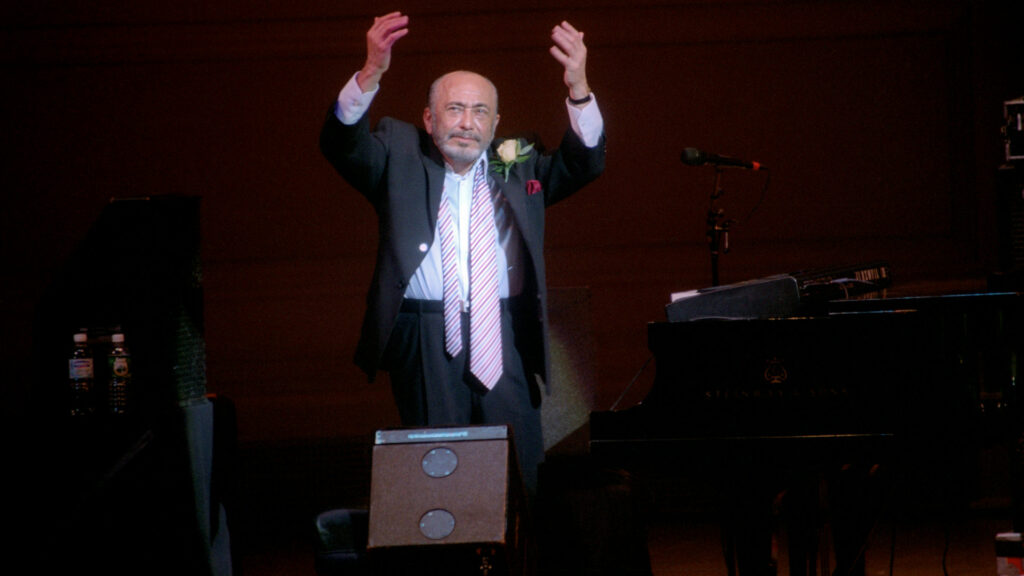Eddie Palmieri, the Grammy-winning pianist who blasted Latin jazz into the future and, in the process, laid bedrock for hip-hop’s genre-blending ethos, died on August 6 at his home in New Jersey after an extended illness. He was 88.
According to CNN, his passing was confirmed by Fania Records and by his daughter, Gabriela.
Born in Spanish Harlem on Dec. 15, 1936, Palmieri grew up banging timbales before redirecting that percussive energy to the piano. He formed the trombone-driven band La Perfecta in 1961, won the first of eight Grammys with “The Sun of Latin Music” in 1975, and ultimately released nearly 40 albums that reshaped salsa, Latin jazz, and Afro-Caribbean music.
His seminal 1971 project, Harlem River Drive, proved especially prophetic. By fusing Latin rhythms with funk bass lines, soul horns, and hard-charging jazz improvisation, the album offered an early roadmap for the multicultural soundscapes hip-hop would later embrace. Red Bull Music Academy has called the record a template for “how Latin and Black New York could speak the same musical language.”

Hip-hop tastemaker Bobbito Garcia credits Palmieri as a direct inspiration; the two teamed in 2013 for the street-basketball documentary Doin’ It in the Park and reunited for Garcia’s 2018 multimedia project Rock Rubber 45s, which also featured Robert Glasper and Black Sheep’s Dres Ramos.
That dialogue continued right up to the present: Spike Lee’s forthcoming film Highest 2 Lowest features two new Palmieri cuts—“Da Lowdown” and “Puerto Rico”—sharing track list space with A$AP Rocky and Jensen McRae.
Though Palmieri often joked he was “still learning to play the piano,” his percussive attack, harmonic boldness, and restless curiosity made him an architect of modern Latin music and an unsung godfather of hip-hop experimentation.
With his passing, the music world loses a bridge-builder whose clave, swing, and swagger forever changed the beat.



